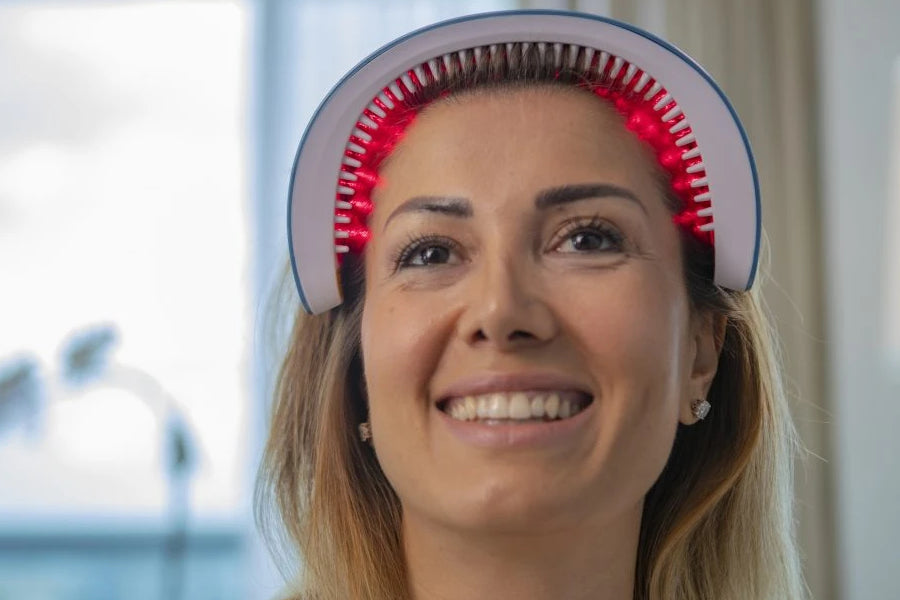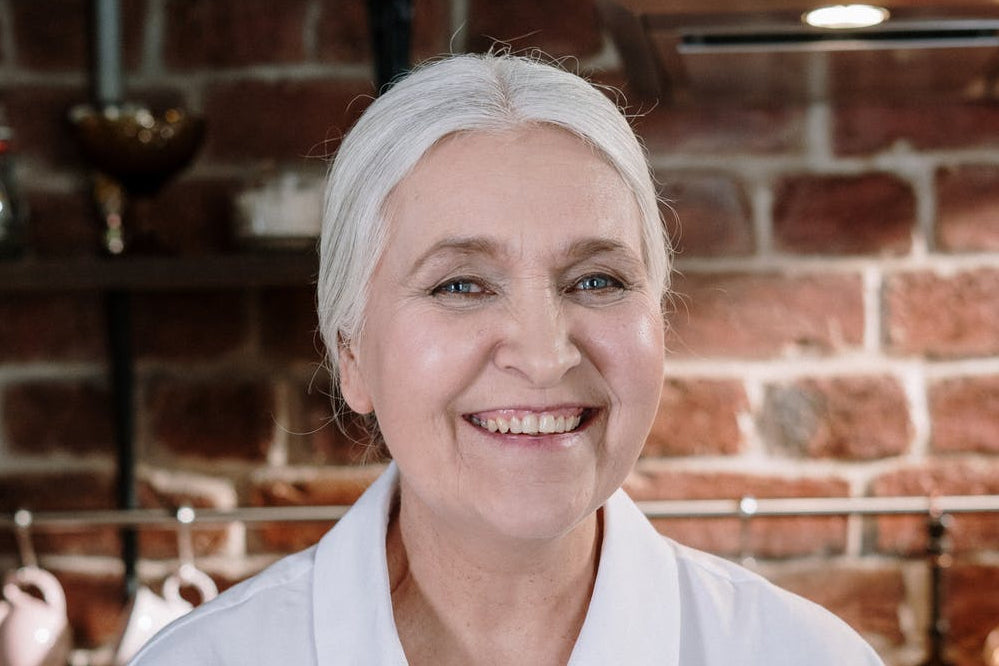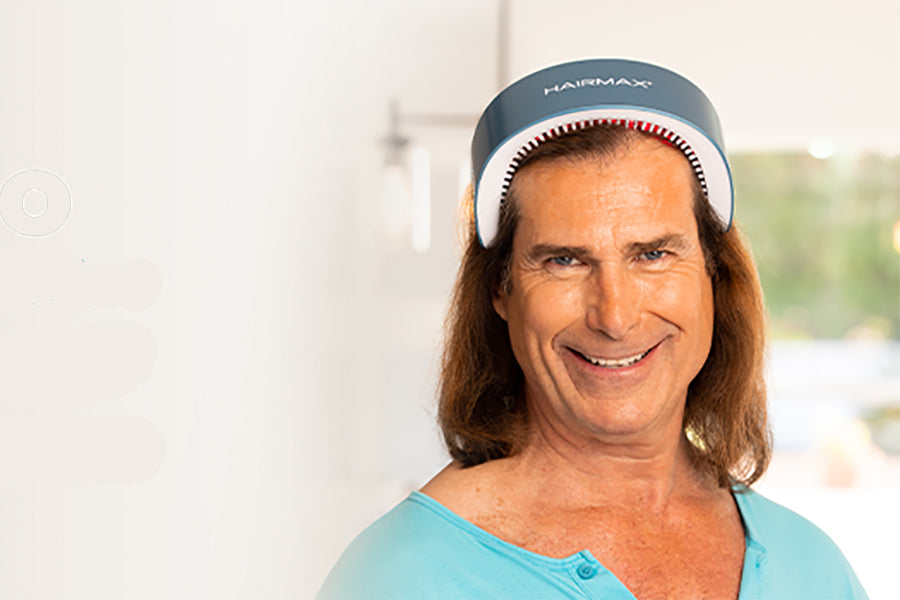Women and their hair, it’s a love story that starts early in life. Little girls love to comb and braid each other’s hair, they play with it for hours, decorating it with bows and ribbons. Teens spend countless hours straightening, curling and trying new styles and products. Having your hair “done” is essential for any major life event. Hair is important to us — it’s our crowning glory and a big part of our identity.
What Causes Thinning Hair in Women?
At some point in a woman’s life however, that relationship can often go from love to hurt, frustration and worry. Our hair ages right along with our bodies. Genetics, stress, diet and medications contribute to hair loss, but for 90% of women, hair loss is triggered by aging and the onset of menopause.
The “change” produces significant changes in our hair, the texture, the shine and the most dreaded change, hair loss & thinning. We see more hair in our brushes, our scalp starts showing, our parting gets wider and our once thick ponytail is reduced to a fraction of its former size. We panic when washing our hair because we know what we will find in the drain.
Hair loss during menopause is normal, but unwanted. It’s the result of hormonal changes related to a lowered production of estrogen and progesterone. When these levels drop, it causes hair to grow more slowly, and as the follicles shrink, the hair grows in much thinner. This type of hair loss is called female pattern hair loss, or hereditary hair loss, and medically known as Androgenetic alopecia.
During menopause hair follicles shrink or miniaturize; the hair that was once thick and healthy starts to slowly grow in weaker, shorter and wispy.
What Treatments for Thinning Hair in Women Are There?
Until recently, thinning, lifeless hair was just an accepted side effect of menopause. But it doesn’t have to be this way. Female pattern hair loss is treatable. With so many so-called hair loss treatments on the market, many are surprised to learn that there are only two FDA accredited treatment options to treat female pattern hair loss. Minoxidil — a topical drug treatment, and Low Level Laser Therapy — the only non-drug option.
HairMax, the pioneer of Low Level Laser Therapy for hair growth offers superior at-home hair loss devices to reverse thinning hair, extend your hair growth cycle, and enjoy denser, fuller, hair growth.
How Does Low Level Laser Therapy Treat Hair Loss or Thinning Hair in Women?
HairMax lasers utilize nourishing laser light to energize and enliven your follicles where thinning hair starts, at the root! Regular use of HairMax reverses thinning, wispy hair and helps start growing fuller, healthier hair.
HairMax is the first Laser Device on the market to receive FDA Clearance as a medical device to treat hair loss and stimulate hair growth. But, don’t let the word laser scare you. HairMax Laser Therapy is recommended by doctors and hair restoration experts. It has been proven to be safe and effective in treating hair loss in 7 clinical studies, with 460 men and women. In fact, the average increase in hair count was 129 additional new hairs per square inch on the scalp.
What Kind of Laser Devices Are There?
Use a HairMax Laser Device, just 3 days a week, for a few minutes and give your follicles the boost they need to produce healthier, fuller, thicker hair. HairMax not only nurtures new hair growth, it may also help prevent further hair loss by keeping your hair follicles healthy and active. That can mean a lifetime of healthy, fuller hair — all from a simple hair loss treatment you can do from the comfort of your couch.
Laser treatment for thinning hair in women
HairMax offers a wide range of Laser Therapy Devices for every lifestyle, budget and hair loss concern. You may not be able to stop Father Time or Mother Nature but HairMax can help turn back the clock on your hair, and help you look and feel great at any age.
This post first appeared on PrimeWomen.com

- by Stephen Dowd
The Simple Solution To Fix Hair Loss And Thinning Hair for Women.
- by Stephen Dowd



Share:
Collagen – Hair Building Blocks?
The Fascinating Fickle Follicle